OU News
News from The Open University
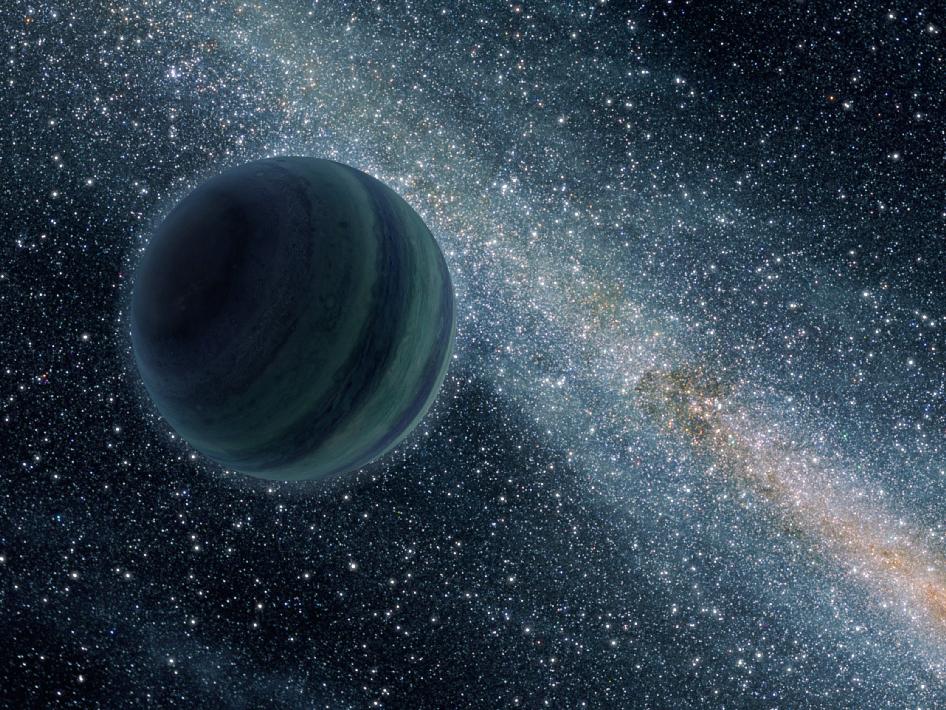
New free-floating planet population spotted by “elderly” telescope
Tantalising evidence has been uncovered for a mysterious population of “free-floating” planets, planets that may be alone in deep space, unbound to any host star. The results include four new discoveries that are consistent with planets of similar masses to Earth, published today in Monthly Notices of the Royal Astronomical Society. The study, led by […]
Read more about New free-floating planet population spotted by “elderly” telescope
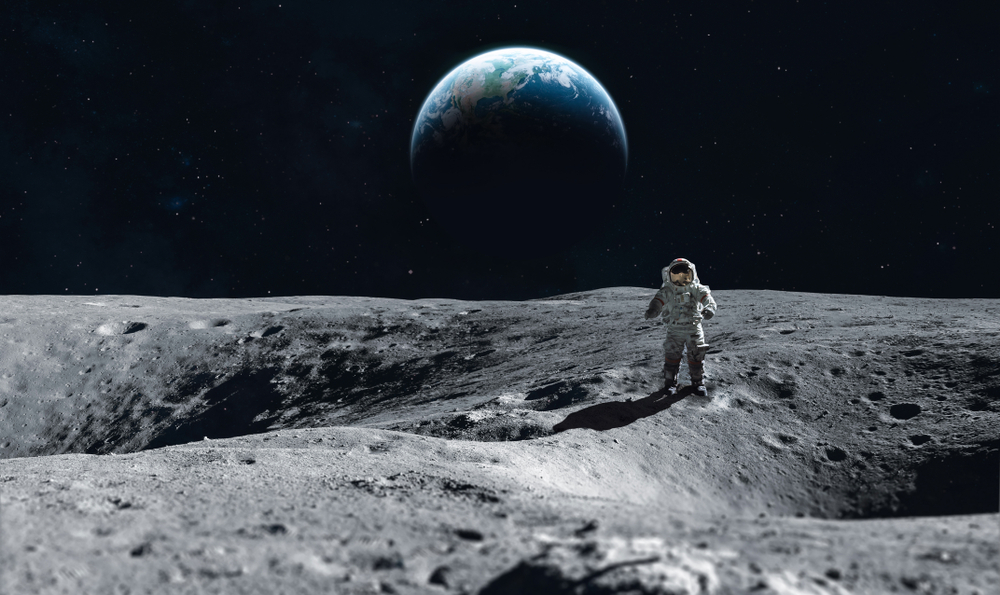
My three minutes with the first man on the Moon
When you meet the man who took the first “small step” for man on the Moon, it’s not surprisingly an occasion which sticks in your memory. The OU’s Emeritus Professor John Zarnecki had that encounter just over nine years ago and recalls his chat with Apollo 11 astronaut Neil Armstrong: In March 2010 Professor John […]
Read more about My three minutes with the first man on the Moon
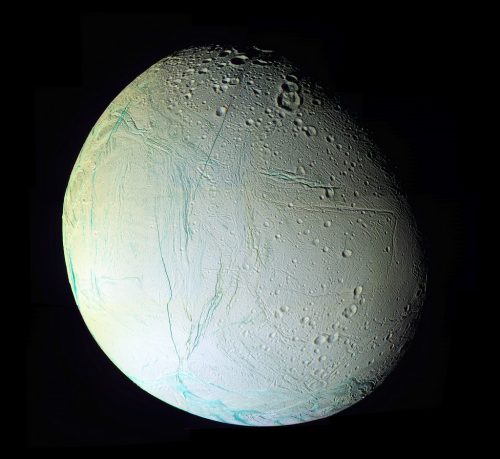
Cassini crashes: it’s time for a new mission to explore the possibility of life on Saturn’s moons
NASA’s Cassini mission has made its “death plunge” into the swirling clouds of Saturn after 20 years of exploring the planet and its moons. It’s been amazingly successful, making headlines with groundbreaking discoveries throughout its journey. But today the headlines are more like obituary notices, looking back at the mission’s spectacular achievements. Cassini discovered new […]
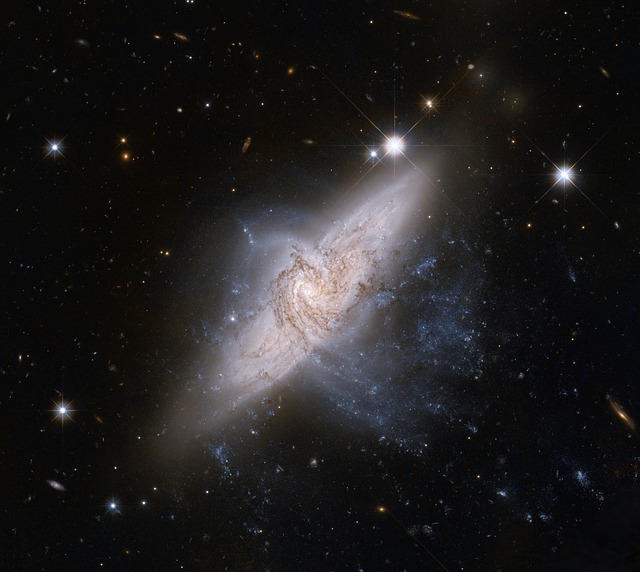
OU shortlisted for two awards for its contribution to international space science
This week, academics from the Faculty of STEM are celebrating Space Science at the OU by supporting the UK Space Conference 2017. In addition, they are eagerly awaiting the Centenary Sir Arthur Clarke Awards Ceremony, for which the OU has been shortlisted for two categories. Space Achievement – Academic Study/Research The Centre for Electronic Imaging […]
Read more about OU shortlisted for two awards for its contribution to international space science
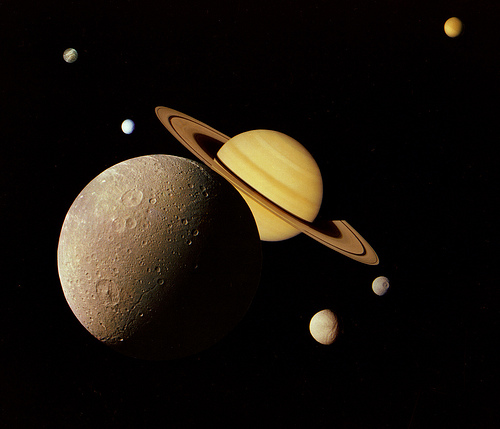
Saturn moon Enceladus is able to host life – it’s time for a new mission
Ever since studies started suggesting that chemical reactions between water and rock on Saturn’s moon Enceladus could provide enough energy in the water to feed microbial life, scientists have been searching for proof that the right sort of reactions really do occur. And during its last dive through the icy plumes that Enceladus erupts into […]
Read more about Saturn moon Enceladus is able to host life – it’s time for a new mission
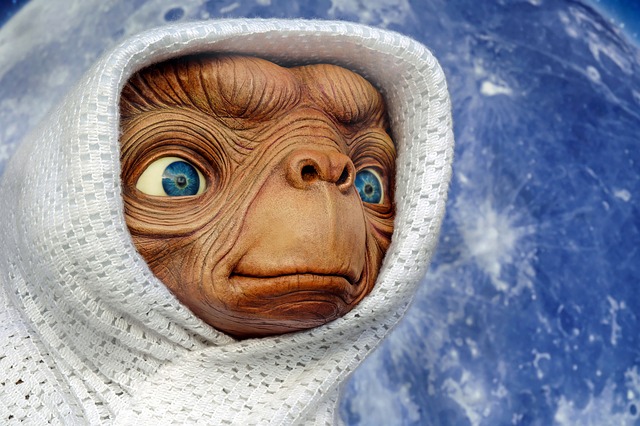
Solar system with seven Earth-like planets found around nearby star – here’s what they could be like
There have been many discoveries of potentially habitable planets orbiting stars other than our own over the last few years. Now things are getting even more exciting. Scientists have documented a star surrounded by no fewer than seven Earth-like planets – several or all of which could be at the right temperature for liquid water, […]
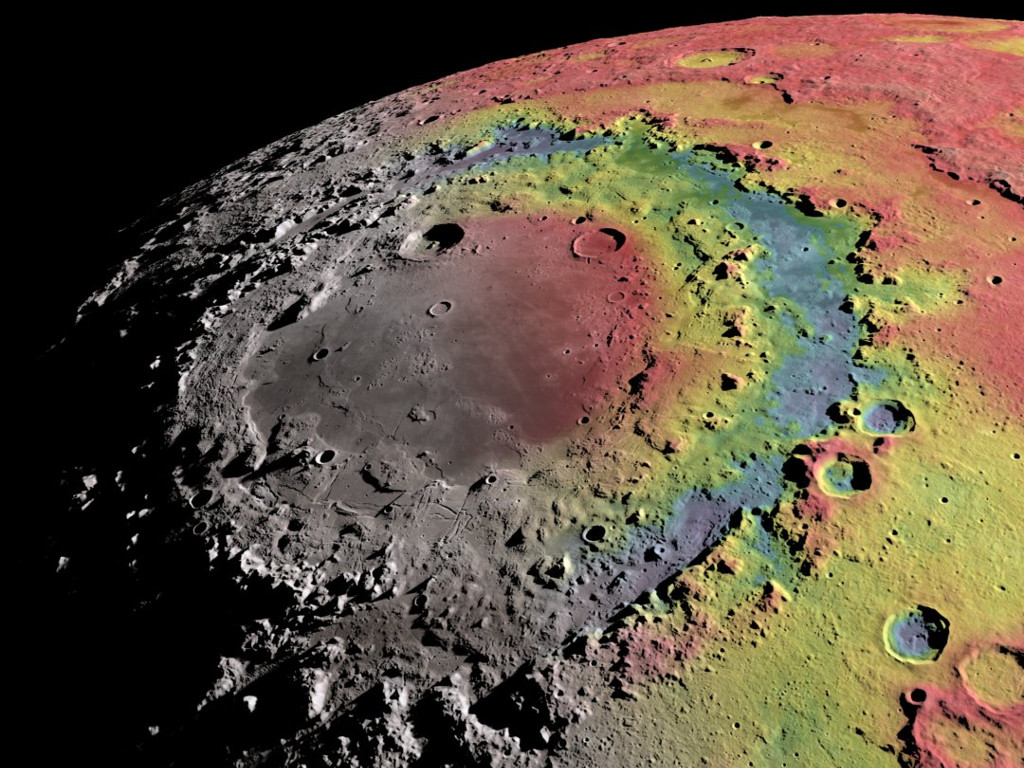
Study sheds light on violent asteroid crash that caused mysterious ‘crater rings’ on the moon
Some 3.8 billion years ago, the moon was a dangerous place – constantly bombarded with asteroids and comets. Our celestial neighbour still bears the scars of this time, in the shape of craters. The biggest of these are called basins, and one is the mysterious, 930km-diameter Orientale Basin, which looks like a bull’s eye with […]
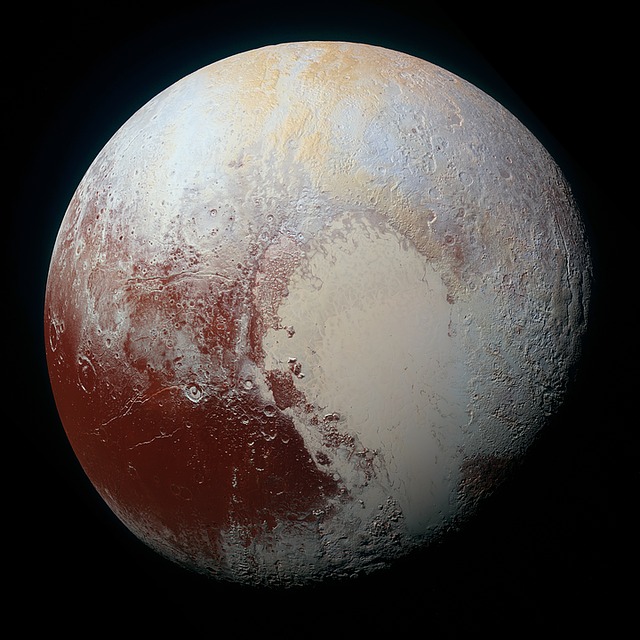
Mordor mystery: scientists solve puzzle of the strange, dark north pole on Pluto’s moon Charon
Had Pluto itself not proved to be so spectacular when NASA’s New Horizons probe flew past last year, there can be no doubt that its large moon Charon would have won more admirers. The remarkable moon has a mysterious dark-red stain over its north pole, called “Mordor Macula” by the New Horizons team – where […]
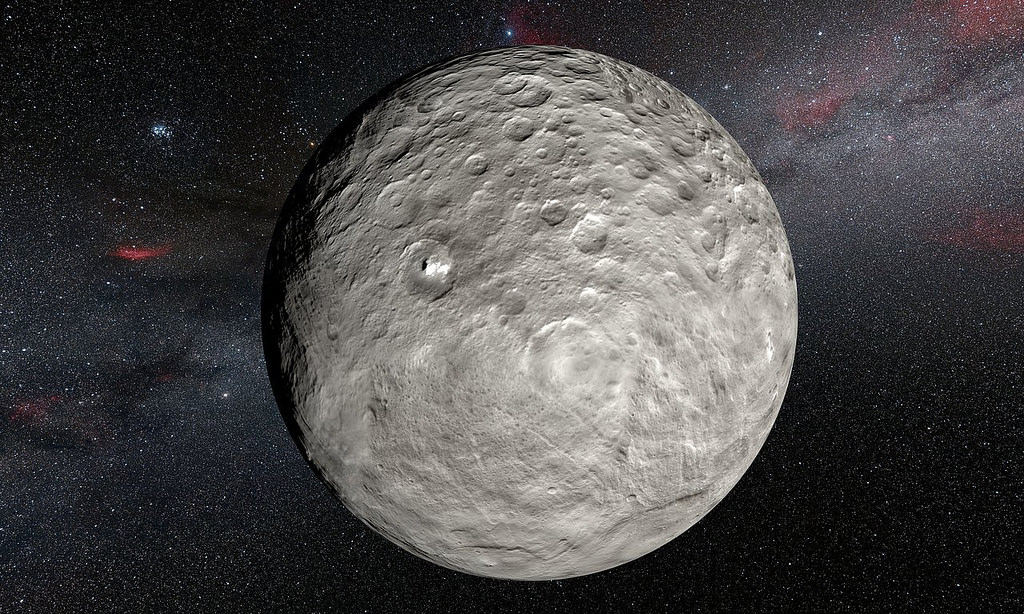
Ceres asteroid may have an ‘ice volcano’ and other signs of water, NASA mission reveals
The arrival of NASA’s Dawn mission at the huge asteroid “1 Ceres” in early 2015 has turned out to have been well worth waiting for. This dwarf planet is the largest body in the asteroid belt between Mars and Jupiter and was the first to be discovered. But, until recently, we have only had information […]
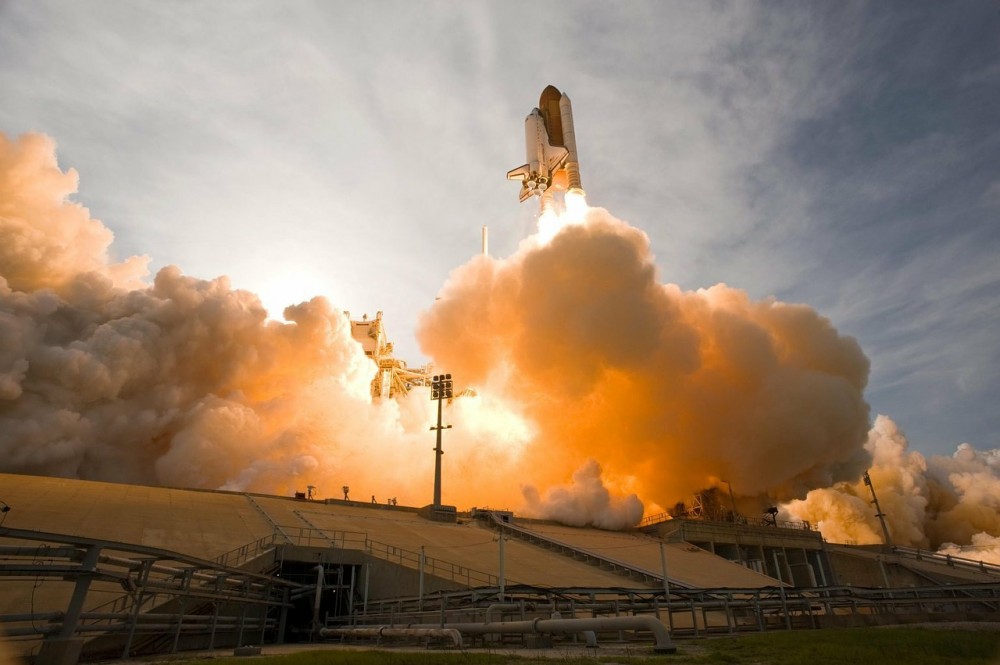
30 years on: what the Challenger disaster meant for our race into space
It was one of those moments you’ll never forget. Thirty years ago, the Challenger space shuttle exploded 73 seconds after launch. In an instant, a dream became a tragedy – and all because a small, simple seal had failed in the right solid rocket booster. I remember the event well. I had a dark cubbyhole […]
Read more about 30 years on: what the Challenger disaster meant for our race into space
Page 1 of 2